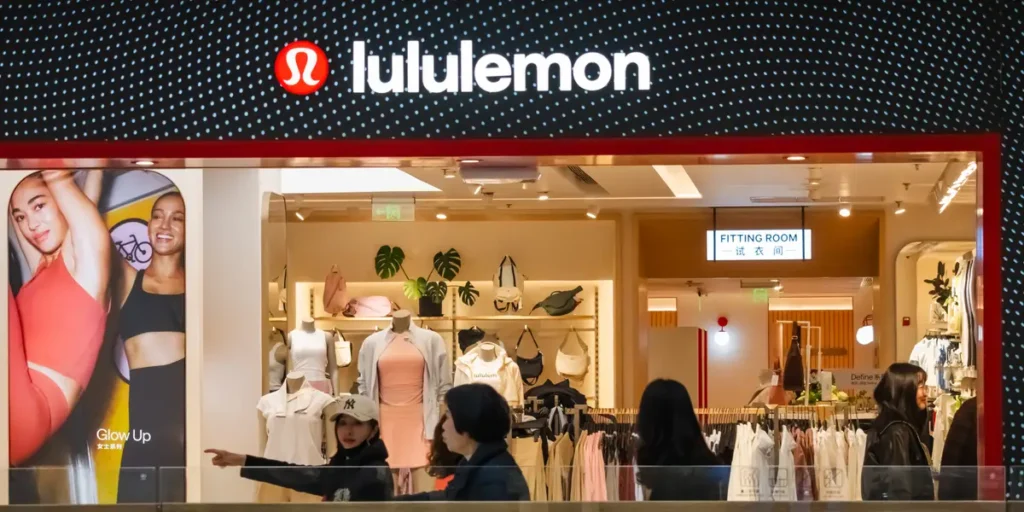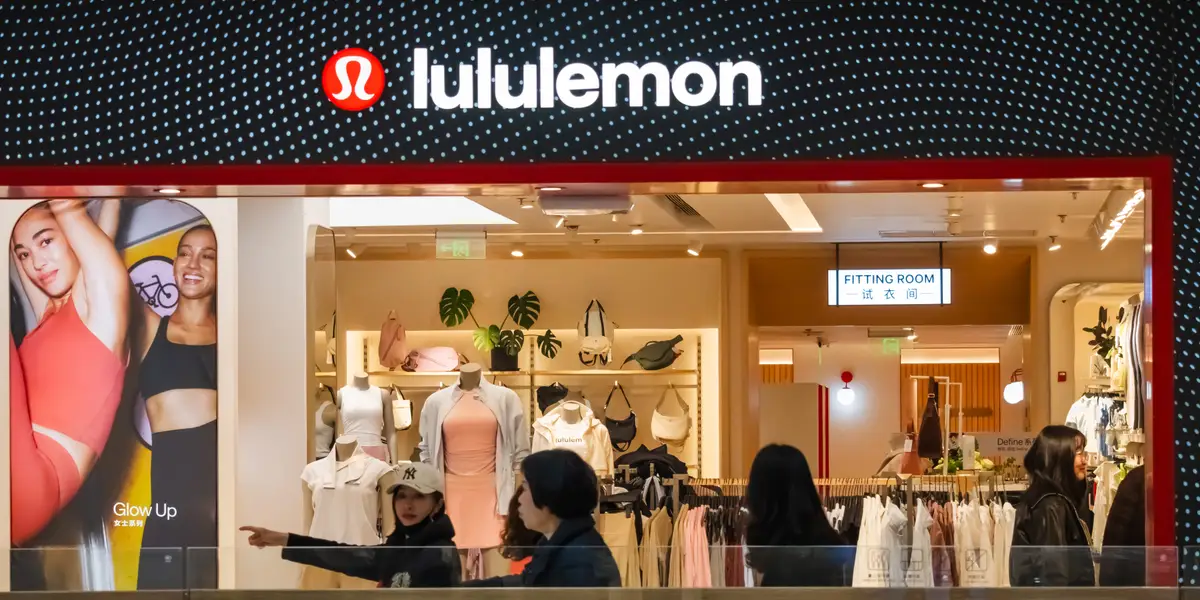Introduction
On June 27, 2025, Lululemon Athletica Canada Inc. filed a lawsuit against Costco Wholesale Corporation in a California federal court, alleging that Costco is selling “knockoff” versions of its popular athletic apparel, including Scuba hoodies, Define jackets, and ABC pants.

The 49-page complaint claims Costco’s products, sold under its Kirkland brand and by manufacturers like Danskin, Jockey, and Spyder, infringe on Lululemon’s trademarks, trade dress, and design patents. This article explores the details of the lawsuit, the arguments from both sides, the rise of “dupe culture,” and the broader implications for the retail industry.
The Basis of Lululemon’s Claims
Lululemon, a Vancouver-based athleisure brand founded in 1998, accuses Costco of unlawfully trading on its “reputation, goodwill, and sweat equity” by selling apparel that mimics its iconic designs. The lawsuit specifically highlights six products, including Costco’s Kirkland 5-Pocket Performance Pant, Spyder Women’s Yoga Jacket, and Danskin Half-Zip Hoodies, which allegedly copy Lululemon’s Scuba hoodies (retailing at $118), Define jackets ($128), and ABC pants ($128).
Lululemon argues that these “dupes” are so “confusingly similar” that they mislead consumers into believing they are authentic Lululemon products or are manufactured with Lululemon’s authorization.
The complaint emphasizes the concept of “trade dress” infringement, a legal term referring to the visual appearance of a product that signifies its brand. Lululemon claims Costco’s products replicate specific design elements, such as fabric choices, seam shapes, and even color names like “Tidewater Teal,” which infringe on its SCUBA and DEFINE trademarks and design patents.
The lawsuit cites media coverage from outlets like The New York Times and The Washington Post, which have described Costco’s products as “dupes,” and notes the popularity of hashtags like #LululemonDupes on TikTok, where influencers promote these lookalikes.
Lululemon alleges that Costco’s actions are deliberate, stating, “One of the purposes of selling ‘dupes’ is to confuse consumers at the point-of-sale and/or observers post-sale into believing that the ‘dupes’ are authentic [Lululemon] products when they are not.”
The company is seeking unspecified monetary damages, a full accounting of Costco’s profits from the alleged knockoffs, and a court order to halt the production and sale of these items. Lululemon has also requested a jury trial to resolve the dispute.
Costco’s Response and Consumer Sentiment
As of July 1, 2025, Costco has not filed an official response to the lawsuit, and representatives have not commented publicly. However, consumer sentiment on platforms like X suggests a divide. Some shoppers defend Costco, arguing that its affordable alternatives—such as a $19.90 Kirkland pant compared to Lululemon’s $128 ABC pant—cater to budget-conscious consumers who knowingly purchase “dupes” rather than authentic Lululemon products.
Posts on X include comments like, “Not a single person has ever been confused about if they’re buying lulu or Kirkland,” and “Customers aren’t confused. They don’t want to pay Lululemon prices for cute workout wear.” Others speculate that Lululemon’s lawsuit may be motivated by declining sales, with one user stating, “LULULEMON sales have tanked. So I’m thinking they don’t want to take a loss.”
This consumer skepticism reflects the broader rise of “dupe culture,” where affordable knockoffs of high-end products gain popularity, especially on social media. The phenomenon has been fueled by inflation and economic pressures, with shoppers seeking cost-effective alternatives to premium brands like Lululemon, whose high prices (e.g., $118 for a Scuba hoodie versus $8 for a Costco version) can be prohibitive for some.
Lululemon’s History of Protecting Its Brand
This is not Lululemon’s first legal battle over intellectual property. In 2021, the company sued Peloton for allegedly copying its Align leggings, settling the case in 2022. In 2012, Lululemon filed a lawsuit against Calvin Klein over design similarities with its Astro yoga pants, which was also resolved confidentially.
These cases highlight Lululemon’s aggressive stance on protecting its brand, which it describes as “path-breaking” due to its innovative construction techniques and strategic fits. The company has also taken non-legal measures, such as hosting a 2023 “dupe swap” event, encouraging customers to trade knockoff Align pants for authentic ones.
Broader Implications for Retail and Intellectual Property
The Lululemon-Costco lawsuit underscores the growing tension between brand protection and retail competition in the age of dupe culture. Intellectual property lawyer Elizabeth Dipchand, not involved in the case, noted that while counterfeit products have always existed, the scale of Costco’s operations as a multinational retailer makes this case significant. “This is a very well-known multinational with significant bricks and mortar affecting the bottom line of another very, very well-known higher-end and higher-priced company,” she told CBC News.
The outcome of this lawsuit could set a precedent for how retailers handle private-label products that resemble premium brands. If Lululemon wins, it may embolden other high-end brands to pursue similar legal action against retailers selling affordable lookalikes. Conversely, if Costco prevails, it could encourage retailers to push the boundaries of dupe culture further. The case also highlights the impact of social media, where hashtags and influencer content amplify the visibility of dupes, potentially undermining brand exclusivity.
Economic Context and Lululemon’s Challenges
The lawsuit comes at a challenging time for Lululemon, which has faced criticism for high prices and a lack of new designs, disappointing consumers in 2024 and early 2025. The company has also been affected by U.S. tariffs, particularly on Chinese imports (30% tariff) and other countries (10% tariff), prompting planned “modest” price increases on select products. Lululemon’s stock dropped 20% earlier in June 2025 after it reported only 1% year-over-year sales growth, below the 3% expected by analysts, amid a “dynamic macroenvironment” and cautious consumer spending.
Conclusion
The Lululemon vs. Costco lawsuit is a high-stakes battle over intellectual property, brand identity, and consumer perception in a retail landscape increasingly shaped by dupe culture. Lululemon’s claims of trademark and patent infringement highlight its commitment to protecting its premium brand, while
